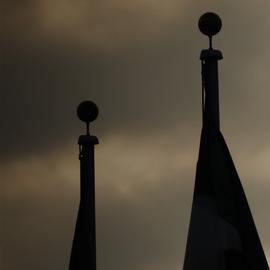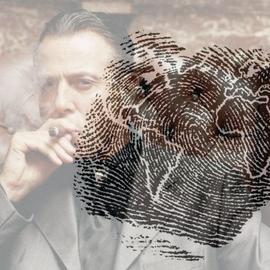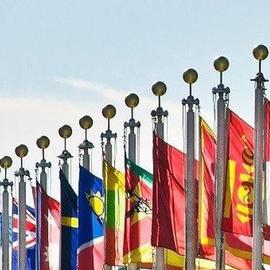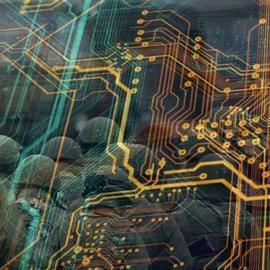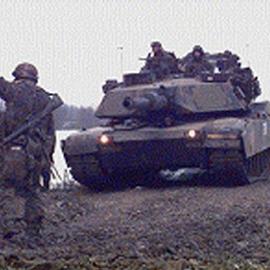The State Programme has two main focal points: the State as an ecosystem and the State as a component of an ecosystem.
By definition:
The State is a political organisation of society, or the body politic, or, more narrowly, the institutions of government. The State is a form of human association distinguished from other social groups by its purpose, the establishment of order and security; its methods, the laws and their enforcement; its territory, the area of jurisdiction and/or geographical boundaries; and by its sovereignty over the territory being governed. In the democracies the State consists more broadly of the agreement of its citizens on the means whereby disputes are settled in the form of laws. In some countries, the term state (or a cognate) also refers to political units that are not sovereign themselves but subject to the authority of the larger state structure and/or of a federal union.
By definition:
The Ecosystem is a community of living organisms operating in conjunction with the inanimate components in their specific environmental space interacting as ‘a system’. Ecosystems are controlled (and influenced) by external and internal factors. External factors, control the overall structure of an Ecosystem but are not themselves influenced by the Ecosystem. Unlike external factors, internal factors are controlled or should be under control. Resource category inputs are generally controlled by external processes. Resource availability within the Ecosystem is controlled by internal factors. Ecosystems are dynamic entities - they are subject to periodic disturbances and are in the process of recovering from some past disturbance. Internal factors not only control Ecosystem processes but are also controlled by them and are often subject to feedback loops.


